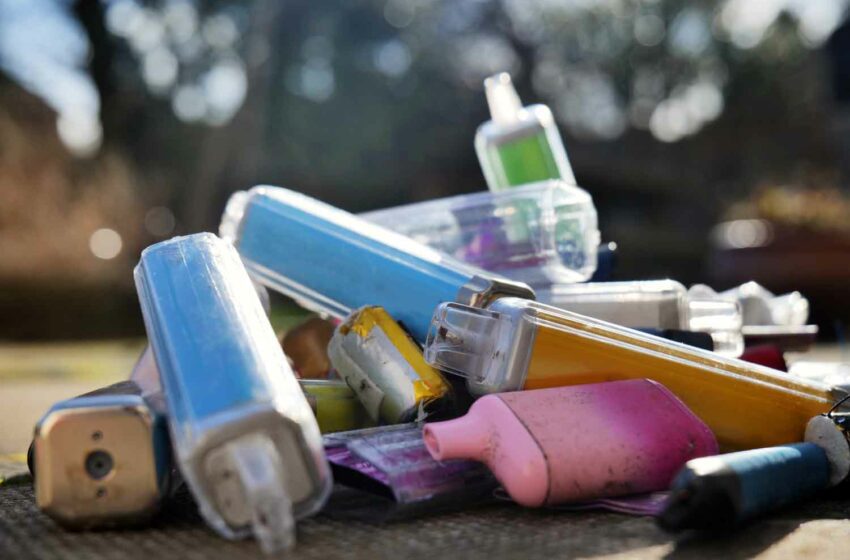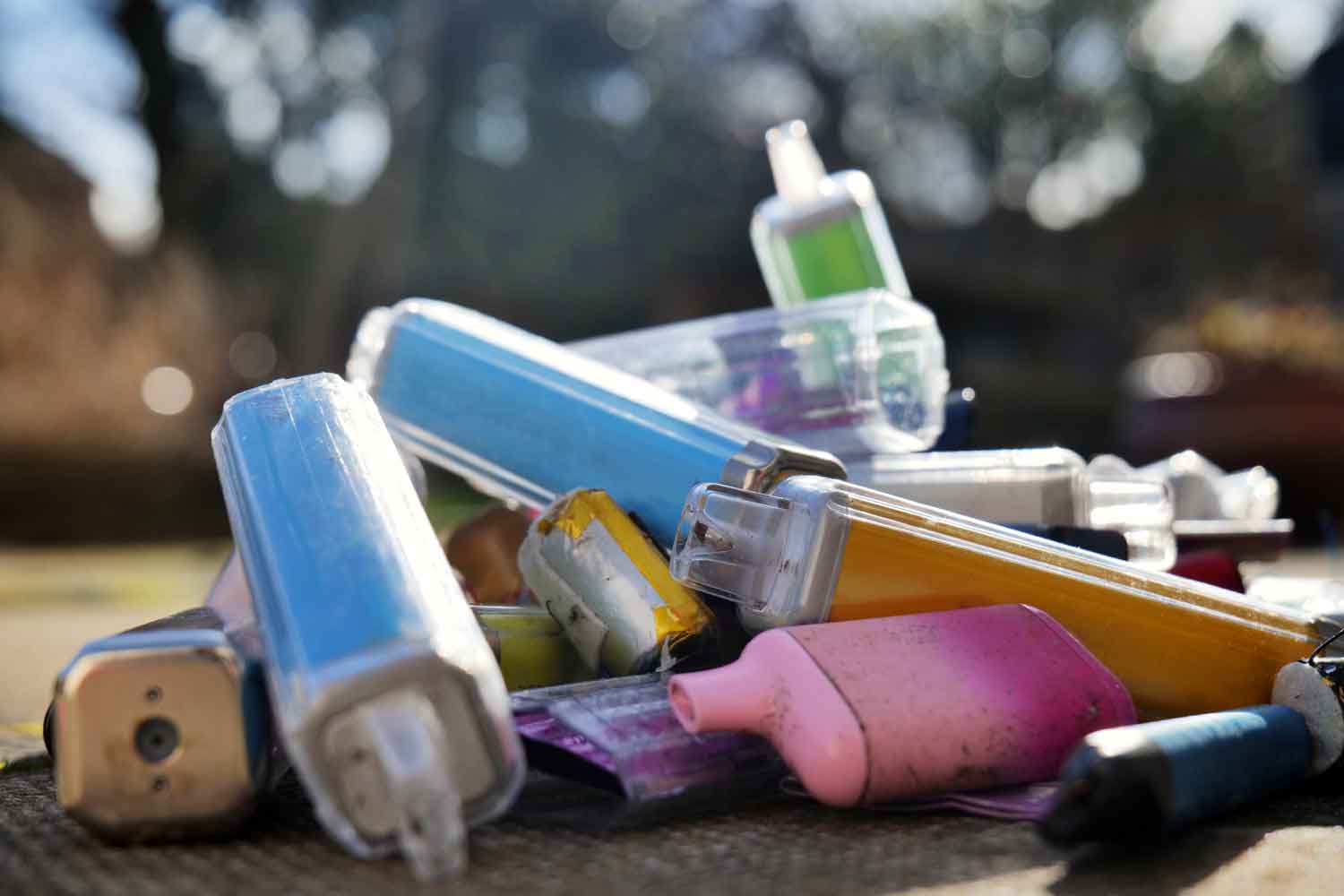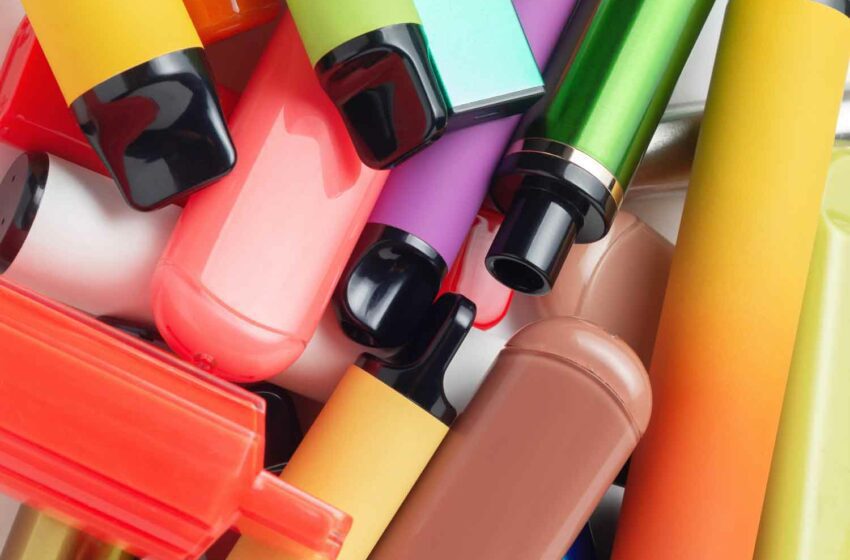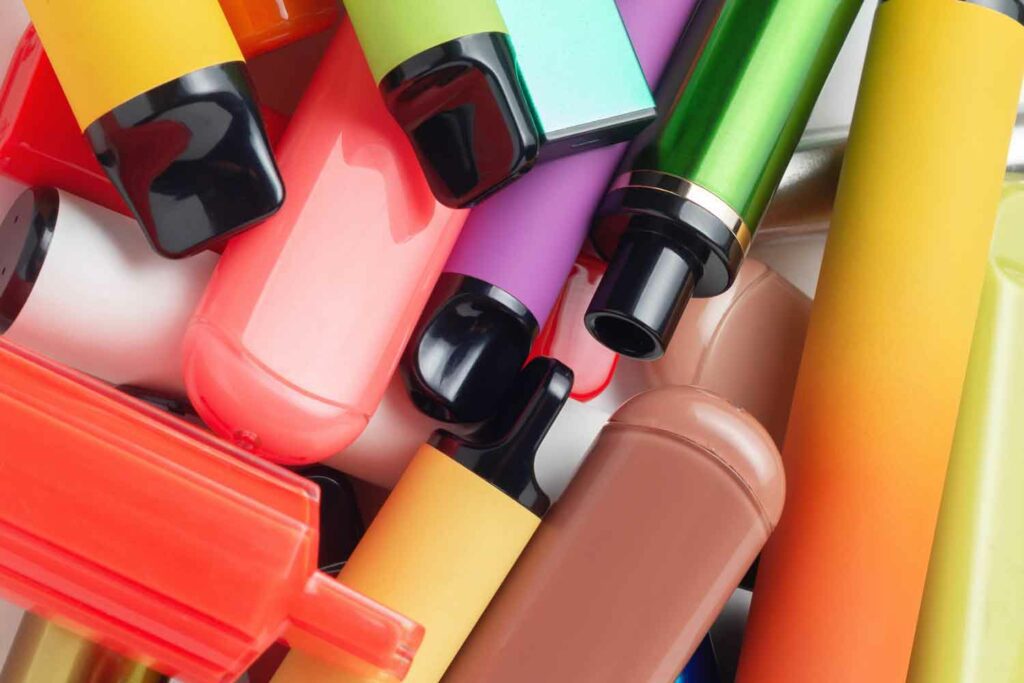By Rod Kight
State Attorneys General (AG) have a history of getting it wrong with respect to hemp and hemp products. Earlier this week, attorney Amber Lengacher with the Kight Law firm wrote an article about the Arizona AG’s position statement on delta-8 THC.
Previously, I, attorney Rod Kight wrote in his blog, engaged in good faith with the South Carolina AG, only to have him issue a convoluted and illogical legal opinion that delta-8 THC was illegal. This week, a group of 20 state AGs signed a letter to Congress “to address the glaring vagueness created in the 2018 Farm Bill that has led to the proliferation of intoxicating hemp products across the nation and challenges to the ability for states and localities to respond to the resulting health and safety crisis.”
Aside from failing to provide any evidence of a “health and safety crisis”, the letter also fails by not understanding the hemp market, not offering any concrete proposals, undermining small businesses, and ultimately attempting to interfere with the right of adults to make choices of what legal products they decide to consume without government interference.
First, the state AGs fail to understand that protecting hemp farmers means protecting their end markets. Although hemp fiber and seeds are promising markets, they have not taken hold in a way that incentivizes widespread adoption of hemp as a cash crop. Instead, the current end markets for hemp primarily take the form of consumer products, some of which are intoxicating. As many readers are aware, a Whitney Economics report from October 2023 states:
“Currently, the total demand for hemp-derived cannabinoids is valued in excess of $28 billion and supports the employment of 328,000 workers, who earn $13 billion in wages. Overall, the total economic impact of the hemp-derived cannabinoid industry on the U.S. economy is in excess of $79 billion. While they may seem large, these estimates are actually conservative because they do not account for demand and employment from gas stations, grocery stores, and convenience stores.“
In other words, protecting hemp farmers means protecting these hemp cannabinoid products.
Additionally, attempting to regulate hemp products based on their capacity to produce intoxication is the wrong approach. It’s a classic “Fool’s Errand” that I have written about before. To begin, it is impossible to define “intoxication”, in a way that is workable from a legal or regulatory standpoint. Attempting to eliminate or control intoxication by redefining “hemp”, prohibiting an entire class of hemp products, and/or via capping the allowed milligrams of THC and other compounds that are allowed in a product or package is totally unnecessary. This approach amounts to a “Nanny State” method of addressing an issue that should instead be based on an adult’s personal preference.
As I’ve discussed before, rather than regulating hemp and its products based on “intoxication”, the proper approach should be focused on:
(a) restricting access by minors (ie, age gating),
(b) requiring quality control for production and manufacturing of hemp and hemp products (ie, requiring manufacturers to comply with cGMP and other objective quality standards), and
(c) requiring proper and informative labeling/marketing (ie, ensuring that the consumer is adequately informed about the product).
This three-pronged approach allows adults to make an informed decision about the products they choose to purchase and consume while limiting access to minors and sidestepping the impossible task of defining and regulating products based on their potential to cause intoxication. To use an alcohol comparison, an adult can purchase a low-alcohol “session” beer, a nice bottle of wine, or a large “handle” of hard liquor.
The choice of “potency” is left up to the adult consumer, who can rest assured that the products are properly manufactured and that the label will provide sufficient information about the alcohol content to help her make an informed decision about what to purchase and how much to consume. Of course, alcohol causes both intoxication and a host of health and social problems. The fact that it is lawful and widely available across many retail distribution platforms, including convenience stores, while hemp products are being decried as a public health crisis is, frankly, insane.
Finally, I’d like to comment on that last point, namely, the sale of hemp products in convenience stores, another topic I have previously discussed but is worth revisiting. I frequently hear the claim that “hemp products are sold in convenience stores” used as an argument about how bad and unregulated the hemp industry is. This is a red herring. Of all the possible distribution outlets for hemp products, convenience stores are among the best.
Think about it. For decades, convenience stores have been selling highly regulated products such as alcohol and tobacco that are subject to strict age-gating. To be clear, I favor all properly-regulated distribution channels and platforms for hemp products, from e-commerce sites to boutique hemp wellness centers to convenience stores.
However, to claim that the hemp industry is somehow bad and unregulated because its products are sold at convenience stores, which are highly regulated and frequently subject to agency audits, licenses, high fines, and even criminal action if certain products are sold to minors, is ridiculous. The “convenience store” argument against hemp should die because it is totally unfounded.
There is a war raging against hemp, but it goes much deeper than that. At stake is the future of cannabis reform in the US, the ability for small businesses to thrive in an emerging market, and the right for adults to make their own determination about what they choose to ingest.
Provided that regulations are in place that address age-gating, quality control, and proper labeling, it is difficult to imagine why we need to concern ourselves with “intoxication” or any of the overreaching regulations and blood-sucking tax regimes that are currently strangling the marijuana industry. As the DEA seems to be balking at even a modest rescheduling of marijuana to Schedule 3, hemp stands as the new path forward for broad cannabis reform.
Based in Asheville, NC, Rod Kight is a renowned attorney in the cannabis industry.
This article is not intended to be legal advice and should not be used as such. The matters discussed are novel and involve complicated and unsettled legal issues. Before making any decisions regarding THCA, you should first consult with an experienced attorney.



















